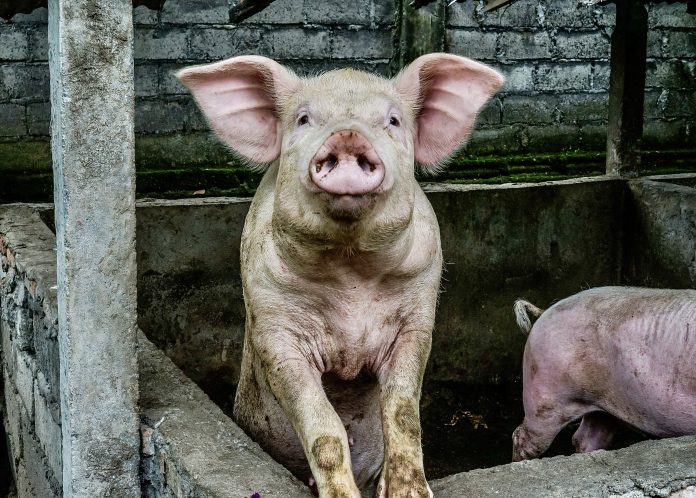You can help all animals and our planet by choosing compassion on your plate and in your glass. #GoVeg
RELATED ARTICLES
Pressure Mounts For Arizona To Ban Dog Pack Hunting Of Mountain Lions, Bears & Other Critical Species
Conservation groups have submitted a petition to the Arizona Game and Fish Commission urging a ban on the use of dog packs for hunting...
Help Save Millions Of Lives This Holiday By Choosing Compassion On Your Plate; Adopt A Turkey Today!
As Thanksgiving approaches, we hope you enjoy a warm and safe holiday. We encourage you to make a compassionate choice by leaving animals off...
Giraffes Are One Step Closer To Receiving Vital Endangered Species Act Protections
In response to a petition and subsequent lawsuit by conservation and animal protection organizations, the U.S. Fish and Wildlife Service (USFWS) has proposed listing...
Popular stories
News
Iowa Proclaims October 2nd As “World Day For Farmed Animals” Recognizing That 70 Billion Land Animals Are Killed For Food Each Year
Governor Kim Reynolds of Iowa has declared October 2, 2022 "World Day for Farmed Animals" (WDFA) across The Hawkeye State. WDFA commemorates that more than 70 billion land animals are...
News
Rhino Poacher Alsony Alberto Valoyi Sentenced To 23 Years In Prison; 3 More Suspects Also Arrested For Poaching In Kruger National Park
In what was a record week for the plight of rhinos, South African National Parks (SANParks) recently announced that Alsony Alberto Valoyi was sentenced to a total...
Breaking News
Poland’s Parliament Urges Ban On Trophy Hunting Imports From Endangered Species
Photo by: Katie Cleary
Members of the Polish Parliament are calling for a ban on the import of hunting trophies from endangered species. This appeal...



